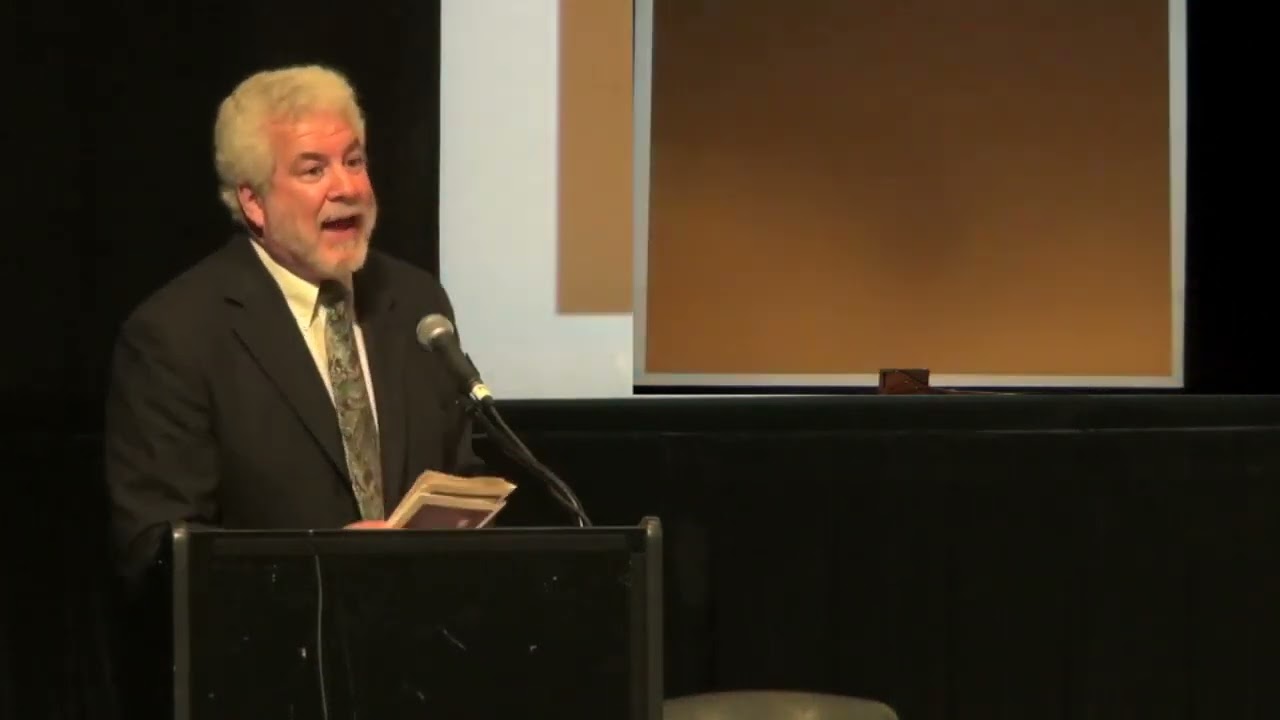“I am profoundly moved by Byron Janis unwavering resolve for inspiring others to move past their barriers. Despite the potentially career-ending diagnosis of psoriatic arthritis, he persevered against the odds and offers myriad personal experiences, insights and perspectives that must be shared.”
– Barry Bittman, MD
Barry Bittman, MD, is a neurologist, author, international speaker, award-winning producer/director, and inventor. He is the CEO/President of the Yamaha Music and Wellness Institute. As Chief Innovations Officer of Meadville Medical Center and CEO/Medical Director of the Mind-Body Wellness Center, a comprehensive, interdisciplinary outpatient medical facility in Meadville, PA., Dr. Bittman has pioneered a new paradigm for treating the “whole person.”
As the host of the first nationally-syndicated integrative medicine weekly Public Radio program, Mind-Body Matters, Dr. Bittman interviewed 115 of the world’s leading visionaries. His program featured cutting-edge in-depth perspectives that scientifically substantiate the integration of complementary approaches into conventional healthcare.
Dr. Bittman’s more than 250 articles on a host of integrative medical topics have been published in his newspaper column, Mind Over Matter.
Dr. Bittman’s “whole person” approach has been featured in numerous leading publications throughout the world, including USA Today, Business Week, Time, Prevention, Discover, O (Oprah Magazine), The New York Times, The San Francisco Chronicle, The Washington Post, Scientific American, Men’s Fitness, Health magazine, Spirituality & Health, New Age Journal, Self magazine, and numerous other leading publications.
With a focus on creative musical expression and recreational music-making, Dr. Bittman led multiple teams of researchers to document the impact of active music from multiple perspectives.
Dr. Bittman’s research demonstrated for the first time that playing a musical instrument reverses multiple elements of the human stress response on the genomic level (Medical Science Monitor Feb. 2005). His team included researchers from Loma Linda University School of Medicine and Applied Biosystems, the developer of the original technology that led to the successful mapping of the human genome announced in June 2000. Stress-reduction was far greater for individuals participating in their first group keyboard lesson (Yamaha’s Clavinova Connection) than for subjects who simply relaxed and read newspapers and magazines. In addition, the researchers introduced the concept of individualized genomic stress induction signatures, which uniquely demonstrate biological diversity in action.
source



